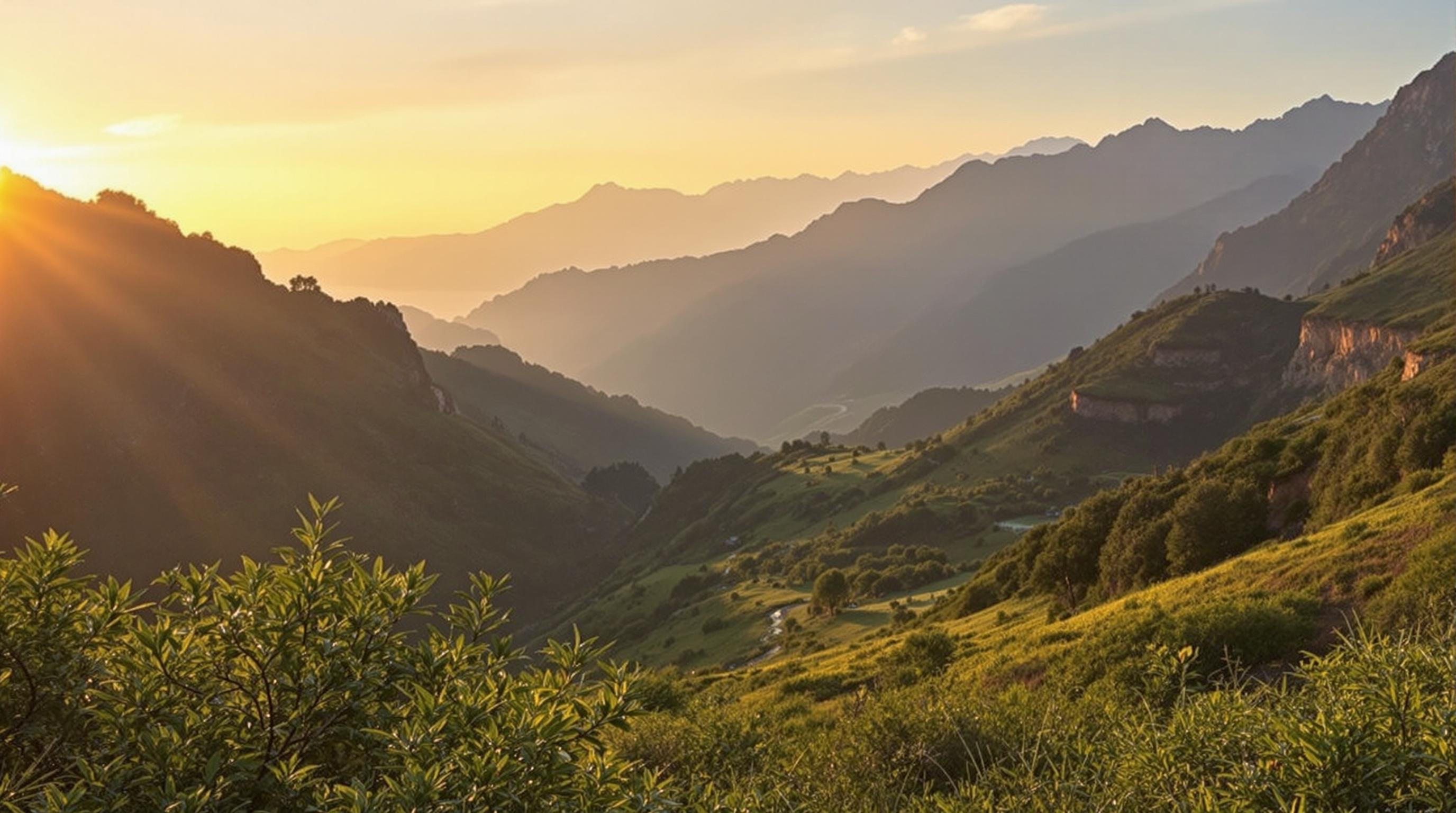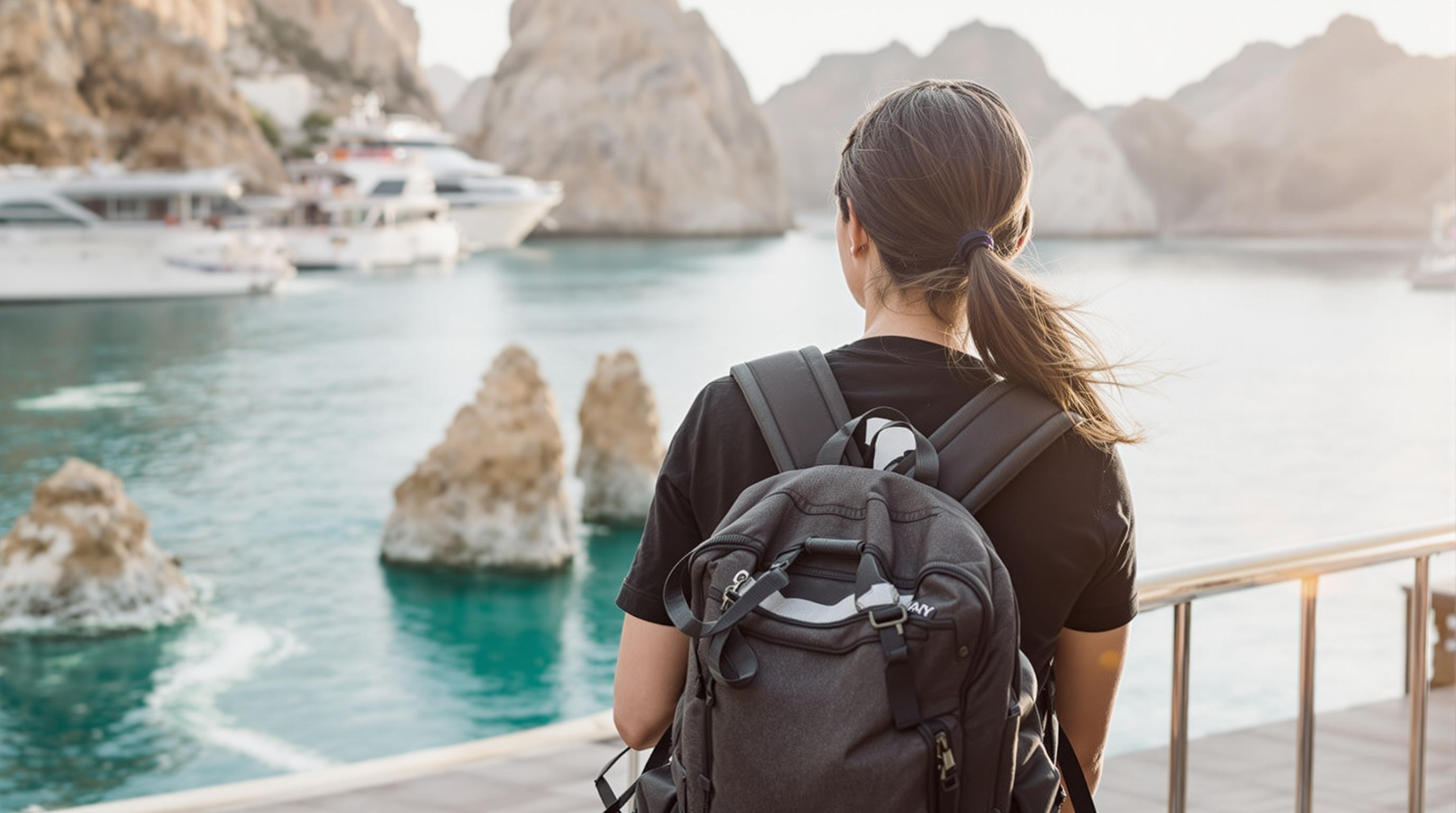Featured Articles
- 12 Innovative Travel Packages Tailored for Remote Workers Seeking Work-Life Balance and New Cultures
- "Exploring Psychedelic Tourism: Travel Packages for the Mind-Expanding Experience Seekers"
- Exploring the Rise of Ethical Travel Packages: Adventures with a Conscience in a Post-Pandemic World
- Top 6 Eco-Friendly Travel Packages Revolutionizing Sustainable Adventures Since 2019
- Unconventional Travel Packages: How Quirky Themes Are Redefining Vacation Experiences
Unpacking the Weird: The Rise of Anti-Tourism Travel Packages for the Adventurous Soul
Unpacking the Weird: The Rise of Anti-Tourism Travel Packages for the Adventurous Soul
In recent years, anti-tourism travel packages have emerged as a vibrant antidote to mainstream tourism, appealing to those with adventurous spirits and a thirst for the unusual. By stepping off the beaten path, these travelers seek authentic experiences, often immersing themselves in the bizarre and unexpected side of culture and geography.
What is Anti-Tourism?
Anti-tourism can be understood as a reaction against the standardized travel itineraries that have dominated the tourism industry. Instead of visiting iconic landmarks teeming with tourists, adventurers are opting for experiences that defy convention. Imagine sleeping under the stars in a remote desert, mingling with locals in their homes, or traversing the dense jungles of Madagascar in search of rare wildlife; these are the epitomes of anti-tourism. The goal is to shun commercialization and embrace the authentic.
The Numbers Don’t Lie
According to a report by the United Nations World Tourism Organization (UNWTO), international tourist arrivals increased to over 1.5 billion in 2019. However, a survey by Airbnb found that 61% of travelers stated they were bored with traditional tourist experiences. This growing sentiment has birthed the trend of anti-tourism travel packages. Now, more people seek the thrill of uncovering hidden gems that aren’t highlighted in every travel guidebook.
Interpretation: What Makes Anti-Tourism Attractive?
Why would anyone choose a travel package that takes them to the less frequented locales? The reasons can be as varied as the travelers themselves. High on the list is authenticity; many travelers today prefer the genuine experiences that come from engaging with cultures at their roots. The thrill of unpredictability adds to the excitement. It’s the rush of being somewhere that feels untouched and real, fostering personal connection over a postcard experience.
An Example of Anti-Tourism in Action
Take the case of the “Forgotten Cities” package organized by a niche travel agency. This package invites travelers to explore abandoned villages and ghost towns across Eastern Europe. Participants often find themselves navigating through derelict structures while learning the untold stories that shaped these once-thriving communities. The travelers leave behind social media filters that paint a perfect picture and focus instead on the raw, unfiltered beauty of decay.
Laughter as License to Explore
In a world that often takes itself too seriously, anti-tourism can be a hilarious adventure. Consider “Expedition Weird” – a five-day tour where participants visit quirky sites in the Midwest USA, such as the world’s largest ball of twine. Sharing silly photos of strange attractions allows travelers to bond and cultivate a sense of camaraderie that no lavish resort can replicate. Plus, Instagram is loaded with the finest kind of irony as friends react to your absurd finds!
Brushing Past Conventional Wisdom
The modern traveler is increasingly wary of traditional methods of exploration; they are also more informed than ever, thanks to social media and travel blogs. Influencers have turned their platforms into repositories of unconventional experiences, often showcasing what doesn’t fit the mold of “usual.” For instance, the rise of vlogs on platforms like YouTube has prompted a massive shift in how we view travel destinations. People are no longer satisfied with simply “seeing” a place; they want to truly “experience” it.
Profiles of Adventurous Souls
Meet Zachary, a 32-year-old adventure enthusiast from Portland, Oregon. This man's thrill-seeking spirit has taken him to the far corners of the globe, indulging in packages offering wild experiences like dining in complete darkness or visiting the tiniest country, Vatican City, in the middle of an enormous crowd. Zachary says, “I don't want to simply take photos; I want stories! That’s what life is about, right?”
Case Studies of Unique Packages
Let’s delve into a couple of intriguing anti-tourism packages that have captivated travelers:
1. The Underbelly Tour of New York City
Who would have thought that an exploration of the city's underground tunnels and secret bars would spark such interest? This package invites travelers to see the city from a different angle, revealing a hidden part of urban life often overshadowed by skyscrapers and Broadway. Participants not only learn about the history of the tunnels but also enjoy secretive tastings of local brews. The feedback has been overwhelmingly positive, highlighting how hidden histories make for captivating narratives.
2. The Surreal Adventures in Iceland
Iceland has become synonymous with surreal natural landscapes, yet some travel companies offer trips to volcanic caves and isolated hot springs that are off the typical tourist routes. Travelers swap selfies at popular waterfalls for a soak in a secluded thermal bath surrounded by nature's music. Reports indicate that such experiences foster a sense of connection not just to nature but also to oneself. This leads to mental relaxation often unattainable amidst conventional travel chaos.
Risks and Precautions
While the allure of the weird and wonderful is undeniably enticing, it’s not without risks. Unconventional experiences can lead to unexpected surprises that veer into uncomfortable territory. It’s vital to research thoroughly and ensure that reputable agencies curate your anti-tourism experiences. As 27-year-old Maya from London discovered, wandering through abandoned buildings without guidance can sometimes lead to precarious situations.
Conclusion: The Future of Travel
The rise of anti-tourism travel packages is not just a trend but rather a reflection of an evolving perspective on travel. People are yearning for meaningful experiences that enrich their understanding of the world while feeding their adventurous souls. As we move towards a more conscious approach to travel, it would seem embracing the weird can lead to the most fulfilling journeys of all.
So pack your bags, leave the clichés behind, and prepare for the unexpected. After all, life’s too short for ordinary, right?




